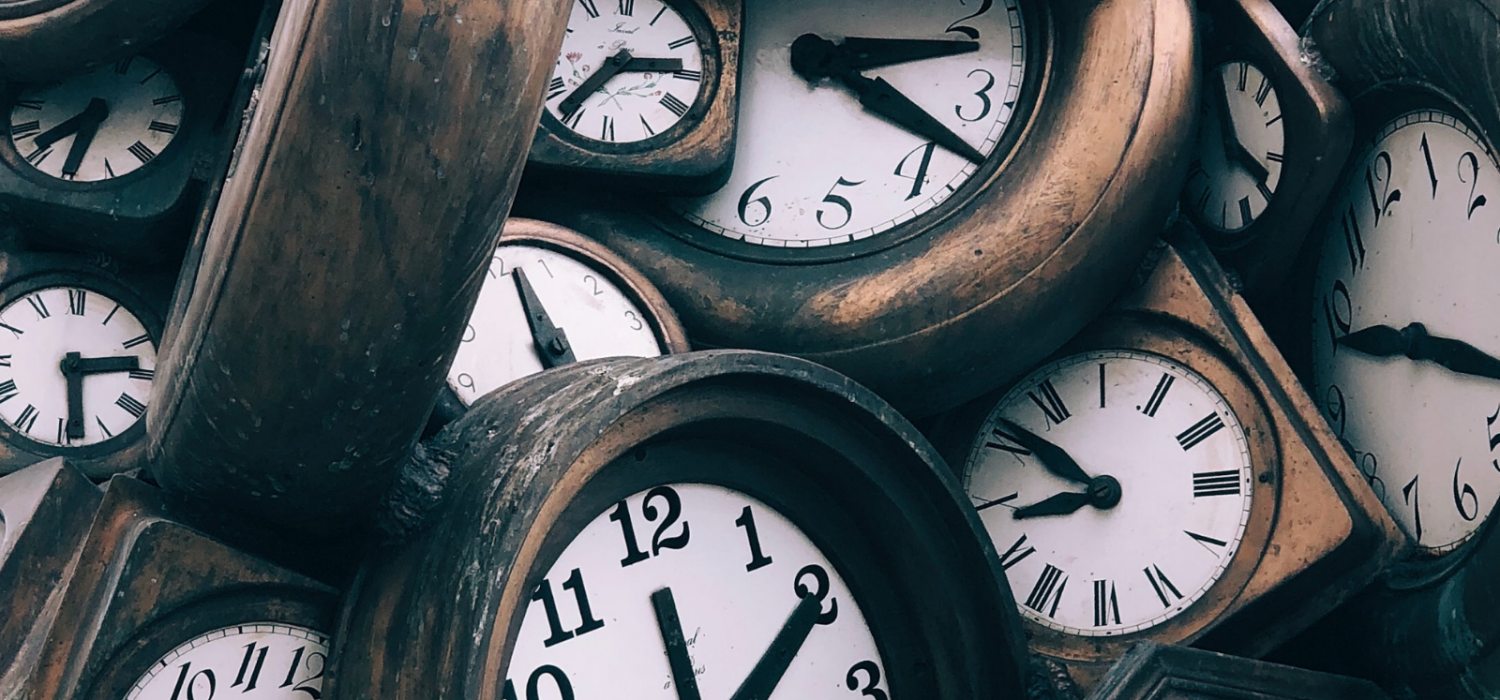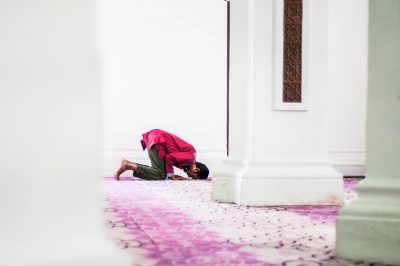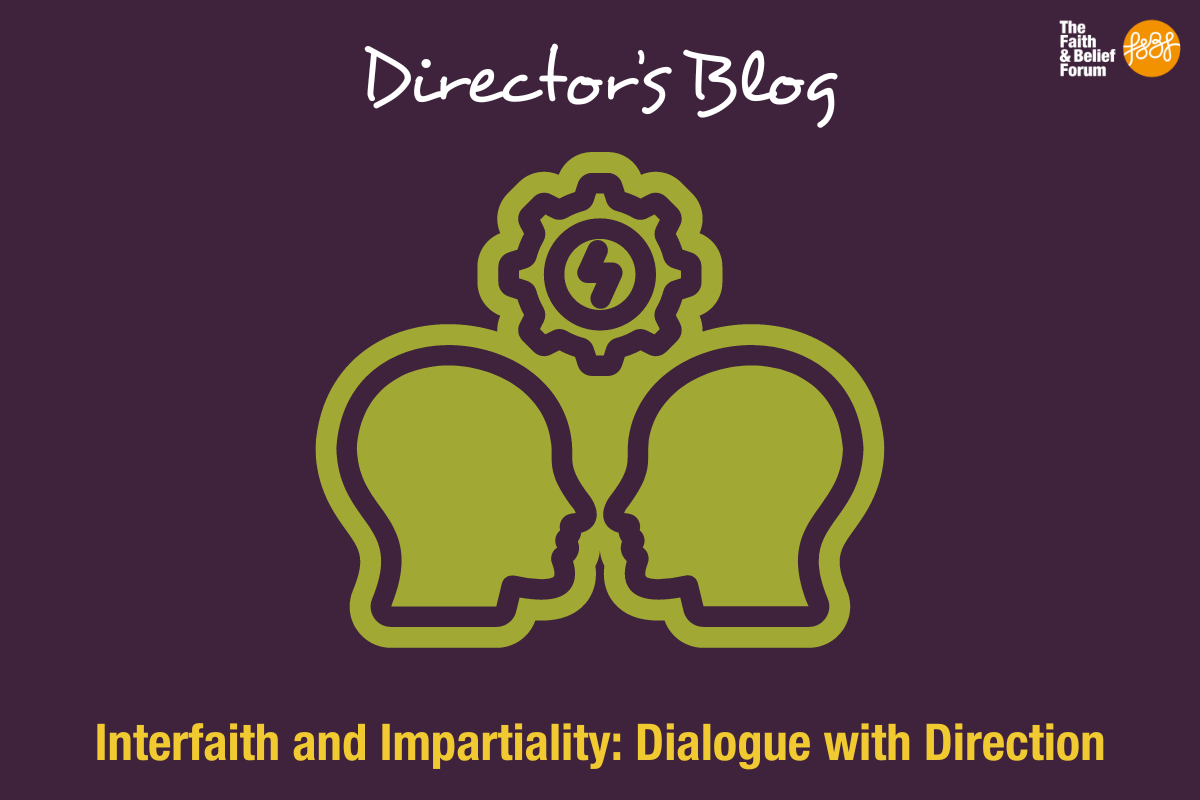
Challenging Faith Based Hate: True Stories
16 / 02 / 24
Menu

16 / 12 / 20

The struggles and joys of sitting in the waiting room
Religions, philosophers and psychologists have long praised the virtue of patience, but what is there to learn from the most boring task of all? …Waiting.
I don’t know many people that like waiting. Do you?

No one ever enjoyed the feeling of having things not working, like technology, a car or even the functioning of key amenities in our houses like running water or heat (I’m aware that these are all relative privileges). But there’s a reason why “I’d rather watch paint dry” or “watching the grass grow” are idioms to describe something horrid we would rather not do. No one likes watching life unfold as a passive actor.
Personally, even though I can be pretty chilled out, I can admit there are times I’m not great at waiting. If I really dissect it, I think it’s because I like to have the freedom and independence to do things on my own time. When I’m left waiting too long it feels wasteful. Equally though, if I’m late for something or know I’m taking long to make a decision I feel guilty that I’m perhaps not valuing someone else’s time enough.
For me there’s a clear link between time and value, and perhaps, this is at the core of waiting.
This year more than ever we have all been in the ‘waiting room’ of life. Waiting to hear about the health of loved ones, to know the rules of the next tiered system or when we can next see our friends. The reality is, as beautiful as it may be to be gracefully patient; sitting in uncertainty is uncomfortable.
So why is waiting in peaceful stillness hailed as something so worthy by spiritual practices around the world?
In Christianity this time of year is a period of waiting during Advent. It is known as an expectant and hopeful countdown to Christmas. At its core, it’s a chance to build on faith, generosity and loving your neighbour.
One of my favourite Advent Carols though is ‘O Come O Come Emmanuel’, because it rather candidly bursts that bubble of warm fuzzy Hallmark moments. It describes humankind playing the waiting game that ‘mourn in lonely exile here’… because if we are being frank, waiting can feel isolating particularly if we have been promised something good. For me, this song feels like a very human and refreshing take on the season of Advent. Similarly, Dietrich Bonhoeffer’s words on the significance of waiting in this period says: “The celebration of Advent is possible only to those who are troubled in soul, who know themselves to be poor and imperfect, and who look forward to something greater to come.”
So perhaps part of waiting well is the ability to live with hope about the future without glossing over the realities of the present?
In Hinduism, patience and forbearance are considered essential virtues. In ancient literature of Hinduism, the concept of patience is referred to with the word pariksaha (patience and forbearance, Sanskrit: परिषहा). Patience, in Hindu philosophy, is the cheerful endurance of trying conditions and the consequence of one’s action and deeds (karma)
Waiting is a virtue of loving the process without depending on the outcome. Nonattachment to the vision of how you expected things would be.
In the Hindu holy book the ‘Bhagavad Gita’, it states: “Set thy heart upon thy work, but never on its reward.” This is because seeking reward binds us to the world. Instead, when we work with love and expect nothing, we are rewarded in the present.

In Islam the image that comes to mind is various periods of waiting, fasting, and life-long awaited pilgrimages to Mecca. A relationship with time seems to be evident throughout the faith.
I’ll never forget a conversation I had with a friend about the frequency of prayer five times a in his spiritual life. He told me “…it’s not about fitting prayers into my life, it’s about life fitting my prayer. Like all good relationships I like to stay connected to love.” Reimaging the minutes and hours of the day around core values of being generous to others were apparent when I spoke to him. For Islam, patience with steadfast belief is called sabr (Arabic: صَبْرٌ ṣabr), and is one of the best virtues of life. Through sabr, a Muslim believes that an individual can grow closer to God and thus attain true peace.
In Buddhism, patience (Skt.: kshanti; Pali: khanti) is one of the “perfections” (paramitas) that a bodhisattva trains in and practices to realize perfect enlightenment (bodhi). The Buddhist concept of patience is distinct from the English definition of the word.
I’ve visited a few Buddhist temples near where I live and on my travels and have always seen how an embracing of time and practicing patience marks the Buddhist life. It doesn’t mean being a doormat to life’s circumstances, but rather getting the clarity to see what is most essential. In Buddhism, patience refers to not returning harm, rather than merely enduring a difficult situation. It is the ability to control one’s emotions even when being criticized or attacked. In verse 184 of the Dhammapada it is said that ‘enduring patience is the highest austerity’.
I could go on to think about what it means for traditional African spiritualities and connection with ancestors or Zoastrianism patience in spreading good thoughts, good words, and good deeds for example.
The significance of this virtue is felt far and wide and is acknowledged among secular and non-faith based value systems too.
Earlier this year, celebrity Kylie Jenner’s toddler went viral for a TikTok challenge. She told her 2-year-old daughter, Stormi, that she could have three sweets if she waits for her to return from the bathroom. Stormi is seen looking, stopping herself, singing “patience patience” to herself and successfully waits for her mother’s return before being rewarded with the sweets she was promised.
The challenge was of course inspired by the The Stanford marshmallow experiment on delayed gratification in 1972 led by psychologist Walter Mischel. In this study, a child was offered a choice between one small but immediate reward, or two small rewards if they waited for a period of time. In follow-up studies, the researchers found that children who were able to wait longer for the preferred rewards tended to have better life outcomes such as educational attainment, body mass index (BMI) and other life measures.

Equally, in the natural world some of the most beautiful parts of nature have been formed by years of growth, waiting and pressure. It’s our clutching at time that is interfering with these organic processes, and have led to the key concerns of climate change.
We are indeed creatures of time who live with it and in it, on the patch of chronology we have been allotted. But if time is the foundational baseboard of our being, what happens to the structure of our lives in a culture of doing?
Waiting can be an act of generosity
Being generous with your own time is one of the best gifts to give. Generosity with time can also involve an acknowledging that others may take longer than you emotionally, cognitively, spiritually or physically to ‘arrive’ where you may want them to. This doesn’t devalue their worth, nor is it an inherent reflection on ill intentions. Even though by and large, people around us operate on the same understanding of time, the fact there are so many time-zones around the world and anthropological studies into how it can be measured says a lot. Be generous with the different ‘clocks’ we all live our lives by.
Waiting builds perseverance that can’t be built any other way
We love to back the underdog in sports or entertainment competition shows in whatever ‘Great British (fill-the-black-with-any-hobby-under-the-sun) television programmes. I think it’s because we get to see their journey, from being the ‘least-likely’ to being victorious. There’s a beauty in accompanying others in their waiting journeys.
Waiting shuts up the ego, and allows us to look outside ourselves
Years ago I went to see a reimagining of the play ‘Waiting for Godot’. With no previous understanding of the play, I was infuriated to get to the end of the storyline and find that the main character never shows up which I remember my brother finding quite funny. On reflection it says a lot about the frustration that comes with placing expectation on things that were never promised.
Ultimately, wanting to control external outcomes that are not ours to control is ego-driven, and when we learn to wait we learn to let go. If you are waiting for something too closely you are suffering.
Waiting makes us enjoy the highs of life more
I have nothing profound to say on this apart from how awful would it be for so many romantic songs we know of that speak about “waiting a lifetime” to meet someone, to be changed into “I waited five minutes”? There’s no timeline on love, but I think there is something to be said about the beauty of endurance.
Befriending the art of waiting allows us to grow because change is not viewed in fear. We understand that we cannot control events but we can control our responses to it. Adversity won’t be going away any time soon as it is part of the human condition, so learning patience and the art of waiting in 2020 and well into 2021 gives you the mastery to handle any situation with grace and poise. I acknowledge the limits of my understanding of each of the faith traditions I have mentioned and would welcome feedback on it. In the meantime, I am enjoying the waiting process of growing in more curiosity about the world, faith and what it means to let life unfold.
About the writer:
Mariah is mental health professional, creative writer and poet. She has had a longstanding curiosity and interest in world religions and theology, but her interest in interfaith dialogue started whilst studying her undergraduate degree at the London School of Economics (LSE). She participated in the LSE Interfaith Encounter- an experience that brings together students from different backgrounds for understanding and addressing interreligious conflict with travel to Palestine and Israel and wider training. Since, she has trained with The Faith and Belief Forum on how to facilitate constructive conversations about difference and has continued to attend their online events in 2020 lockdown. For more of her writing visit www.riahwrites.com and @riah_writes on Instagram and Twitter.

16 / 02 / 24

15 / 02 / 24

16 / 01 / 24